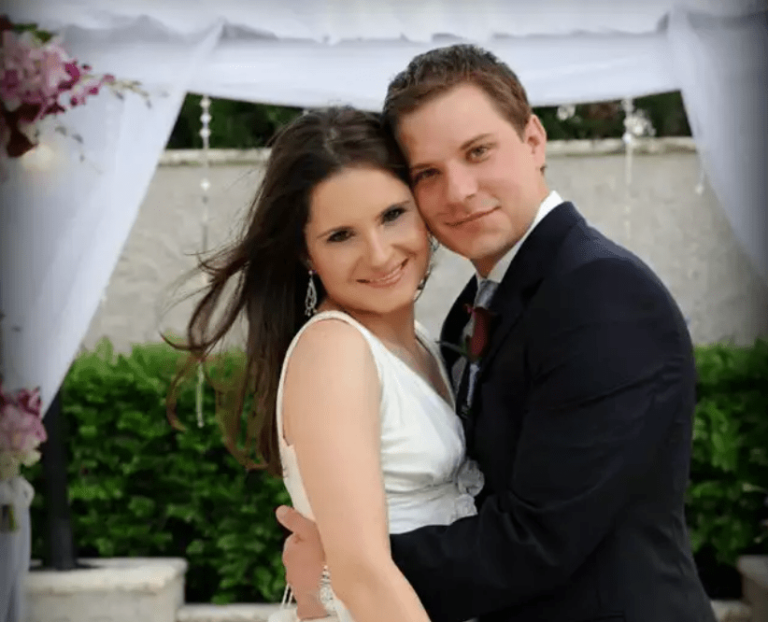Who is Aileen Cannon’s husband? – Aileen Mercedes Cannon is an American attorney and currently serves as a United States District Judge in the United States District Court for the Southern District of Florida.
Prior to her legal career, Cannon worked as an attorney at the commercial law firm Gibson Dunn from 2009 to 2012. She then served as a federal prosecutor in the Southern District of Florida from 2013 to 2020. In November 2020, she was appointed by President Donald Trump and confirmed as a district judge by the U.S. Senate.
During her tenure as a judge, Aileen Cannon presided over the case Donald J. Trump v. United States of America from August to December 2022. Their decision ordered the US government to temporarily stop using documents seized from Mar-a-Lago in the investigation, while granting the request of the former President Trump to send a special representative to review these documents.
However, the United States Court of Appeals for the Eleventh Circuit vacated Aileen Cannon’s order on the grounds that she improperly exercised jurisdiction over the case. Cannon followed the direction of the Eleventh Circuit and dismissed the entire lawsuit.
Cannon received her Bachelor of Arts degree from Duke University in 2003, where she also studied for a semester in Spain and wrote for the Miami newspaper El Nuevo Herald. She then graduated magna cum laude from the University of Michigan Law School in 2007 and received her Juris Doctor degree.
Cannon has been a member of the conservative Federalist Society since earning her law degree in 2005. When she was considered for district judge, she explained that she joined the Federalist Society because of the diversity of its views and discussions on issues such as the separation of powers in the Constitution, the rule of law and the limited role of the judiciary in interpretation rather than interpretation. make laws.
She was admitted to the California bar in 2008 and the Florida bar in 2012. Cannon also served as a law clerk to Judge Steven Colloton on the United States Court of Appeals for the Eighth Circuit. From 2009 to 2012, she worked as an attorney at the corporate law firm Gibson, Dunn & Crutcher LLP in Washington, D.C. During this time, she defended Stephen “Henry” Brinck Jr., former head of the division retirement from Thomas Weisel Partners. , in a case brought before the Financial Sector Regulatory Authority.
From 2013 to 2020, Aileen Cannon served as an Assistant United States Attorney for the Southern District of Florida. As a federal prosecutor, she handled a variety of serious crimes, including drug, gun and immigration cases. She then focused on appellate work, dealing with convictions and sentences. Cannon played a role in the convictions of 41 defendants, including four in jury trials.
In June 2019, Cannon was considered for a position as a United States District Judge by Senator Marco Rubio. After expressing interest, she conducted interviews with representatives of Senator Rubio, Senator Rick Scott and officials from the White House and Department of Justice.
On May 21, 2020, President Donald Trump nominated Aileen Cannon, 39, to serve as a U.S. District Judge for the Southern District of Florida. Her nomination received a “Qualified” rating from the American Bar Association. After a confirmation hearing in July 2020, Cannon’s nomination was reported out of committee and then confirmed by the U.S. Senate in November 2020.
Aileen Cannon is a registered Republican and donated $100 to Ron DeSantis’ 2018 gubernatorial campaign.
Who is Aileen Cannon’s husband?
Aileen Cannon married Josh Lorence in 2008. Josh Lorence is an accomplished restaurant manager, but further details about his specific career path and current businesses are not readily available.
Your marriage signifies the union of two people who want to succeed in their respective fields. However, specific information about their joint assets or material financial details related to their marriage are not publicly disclosed or common knowledge.
As individuals, our personal financial affairs are generally not disclosed unless voluntarily disclosed or required by law.
